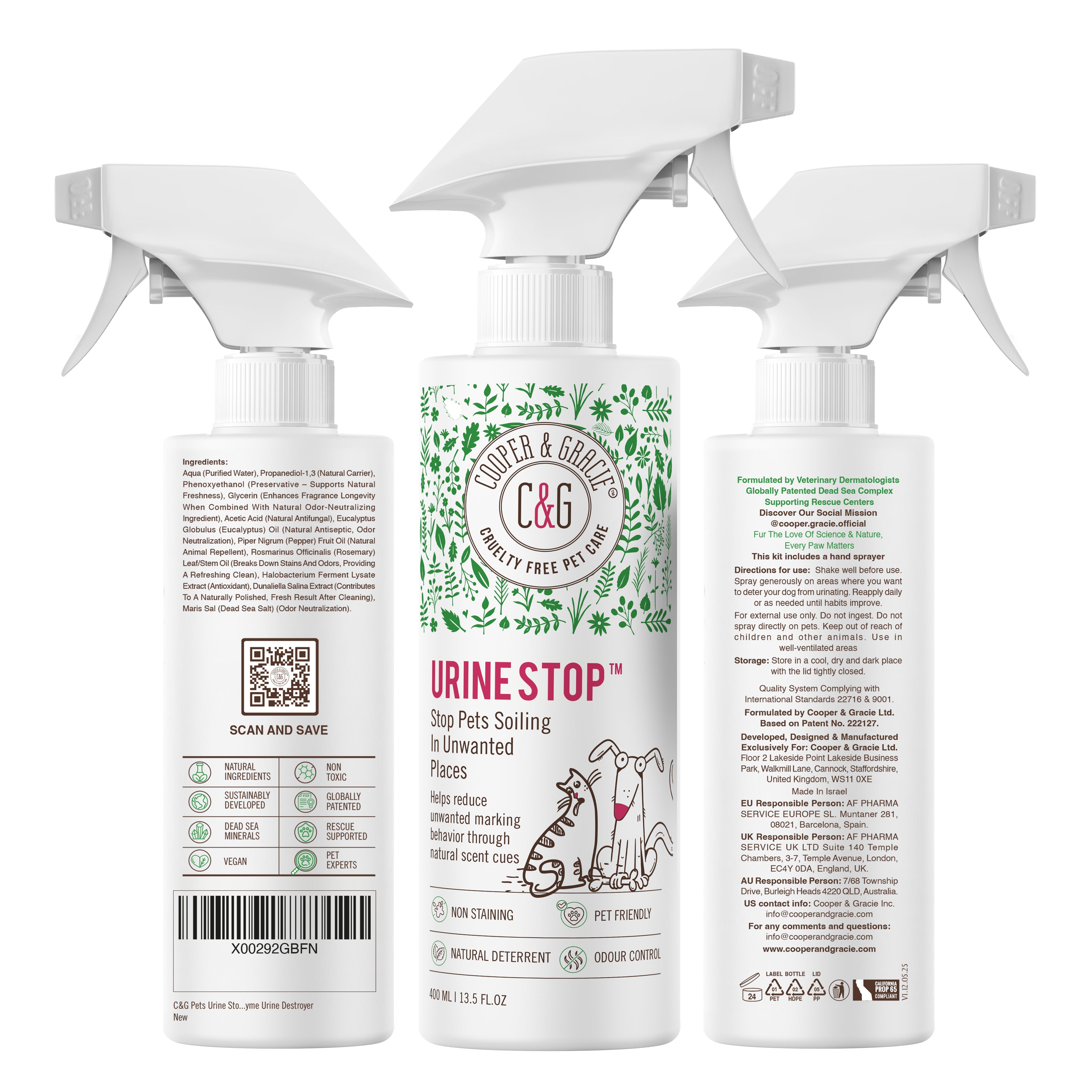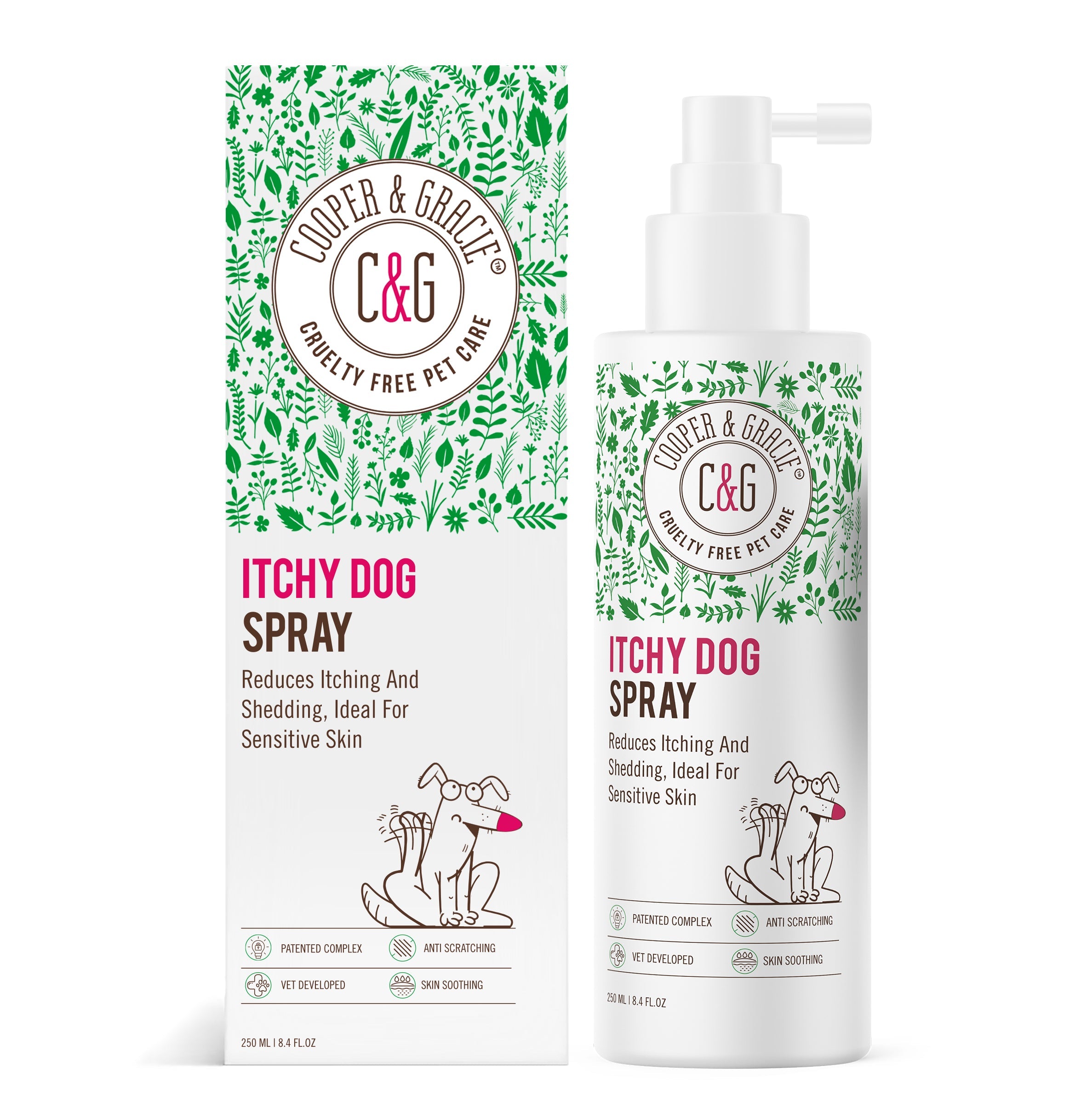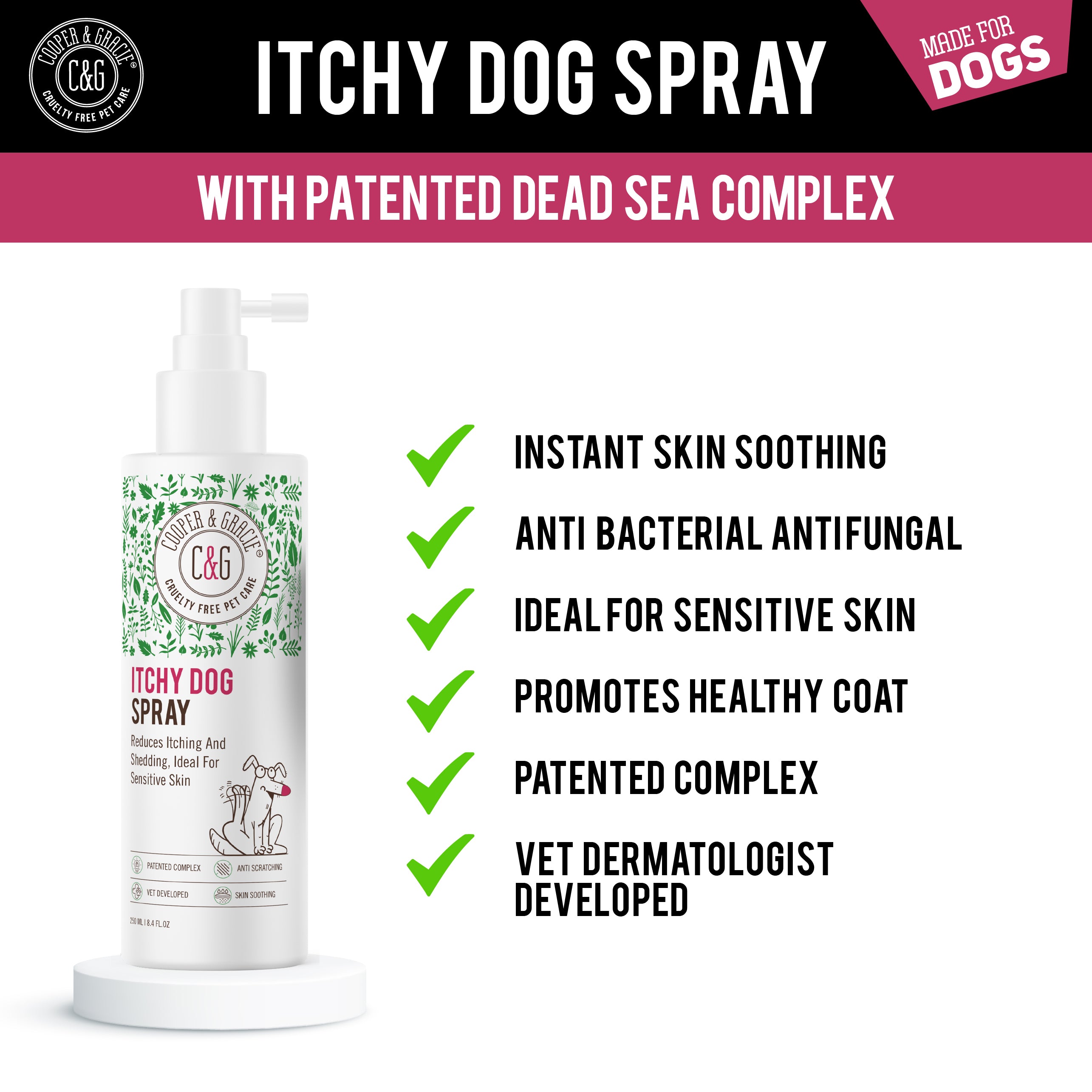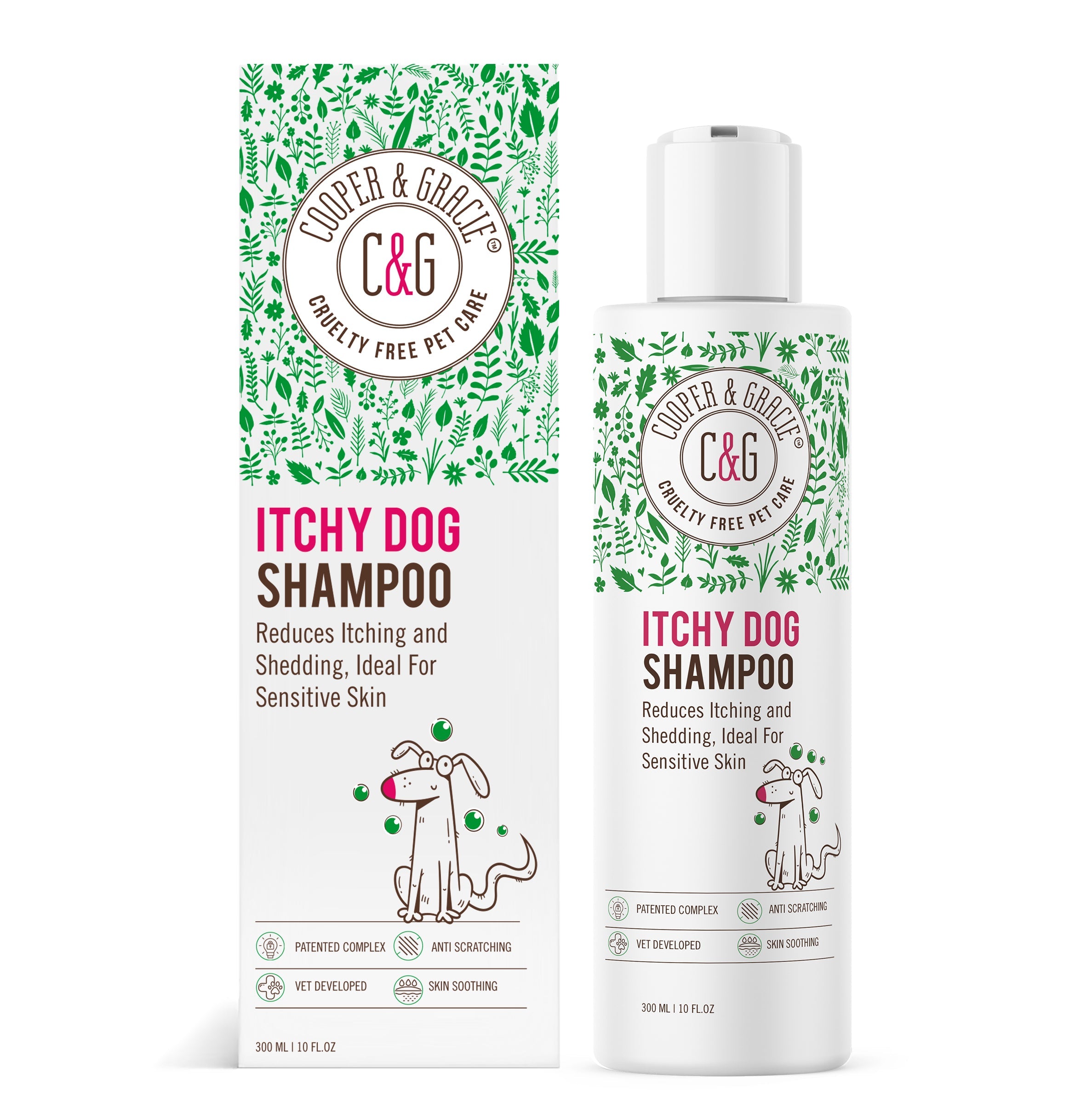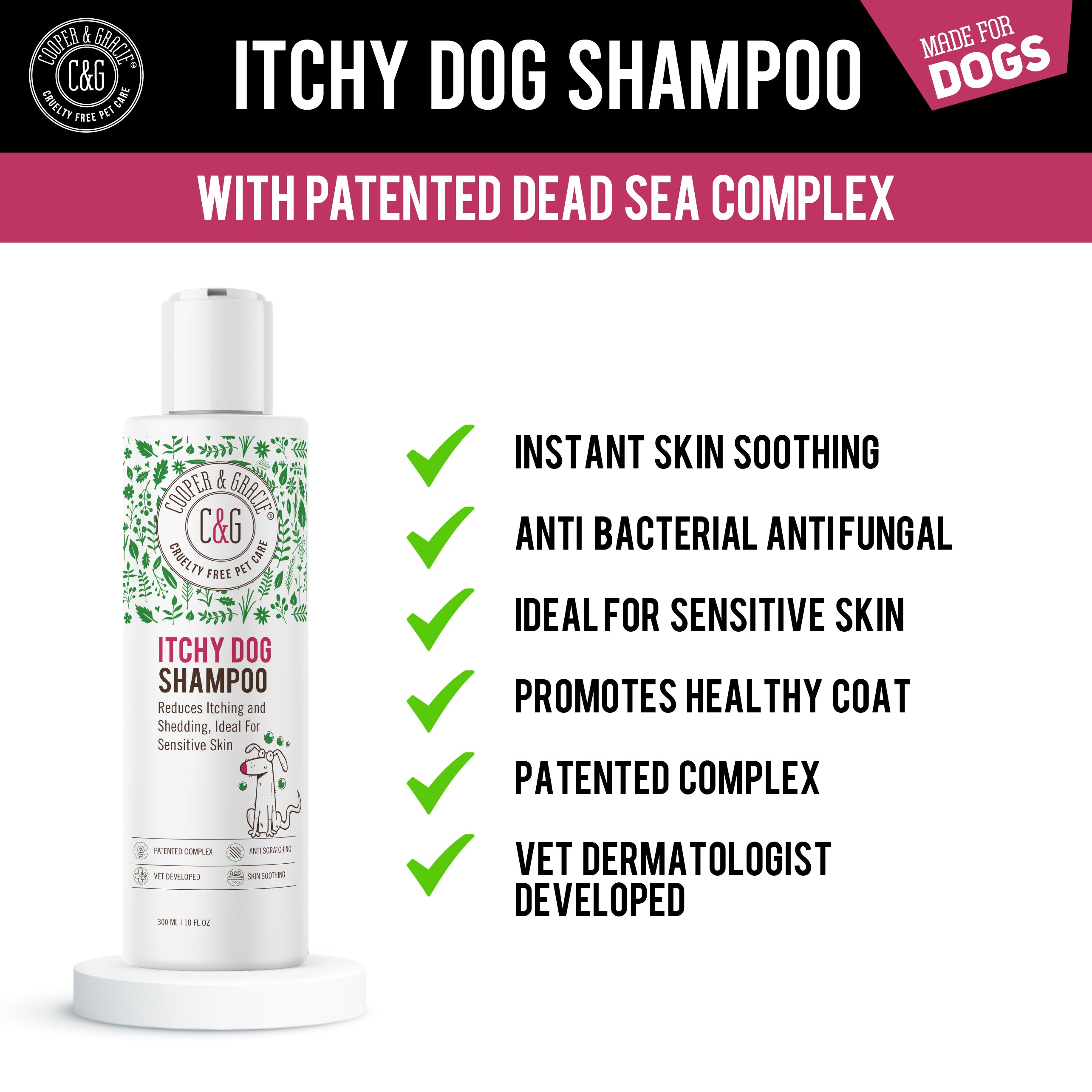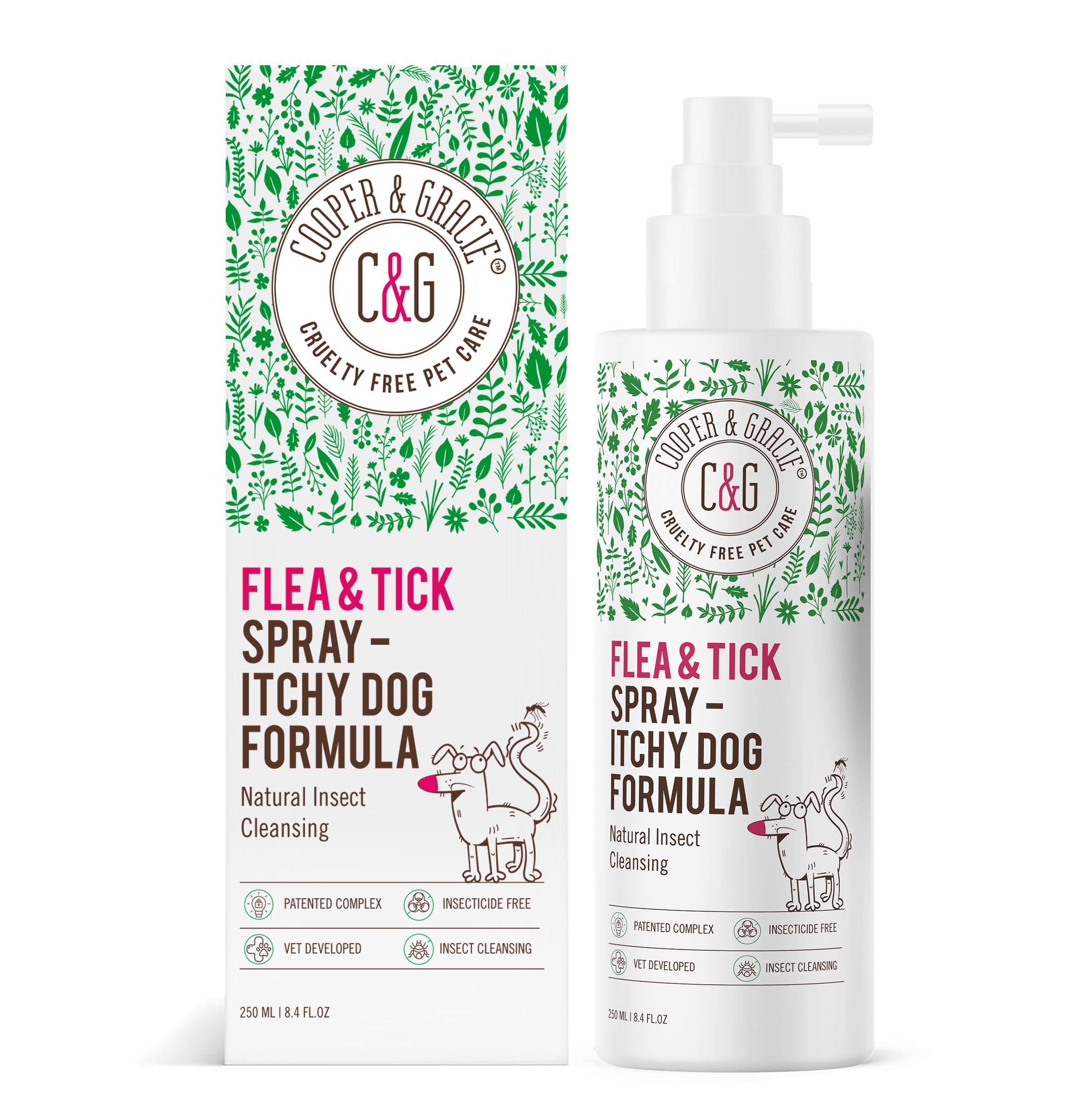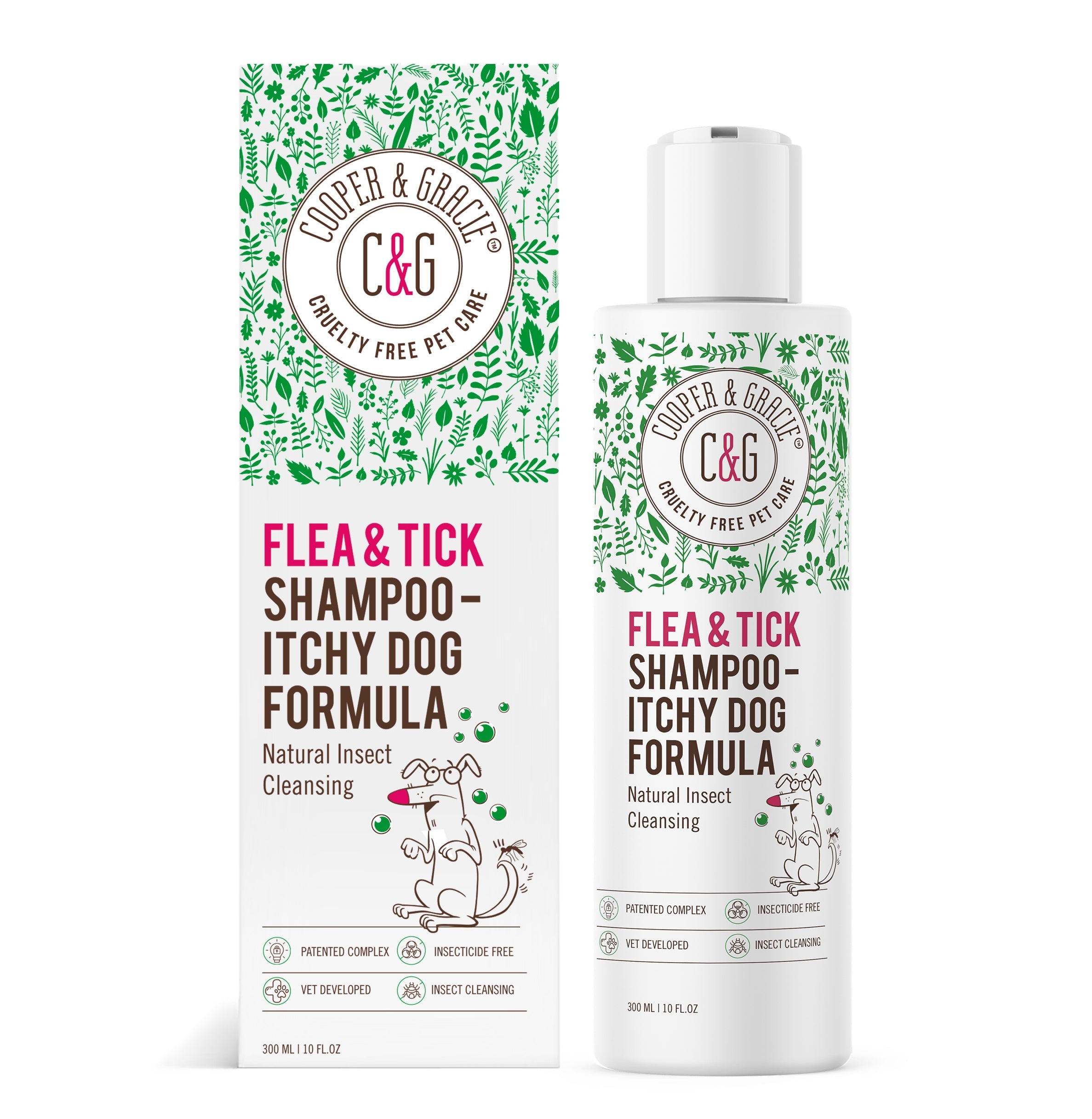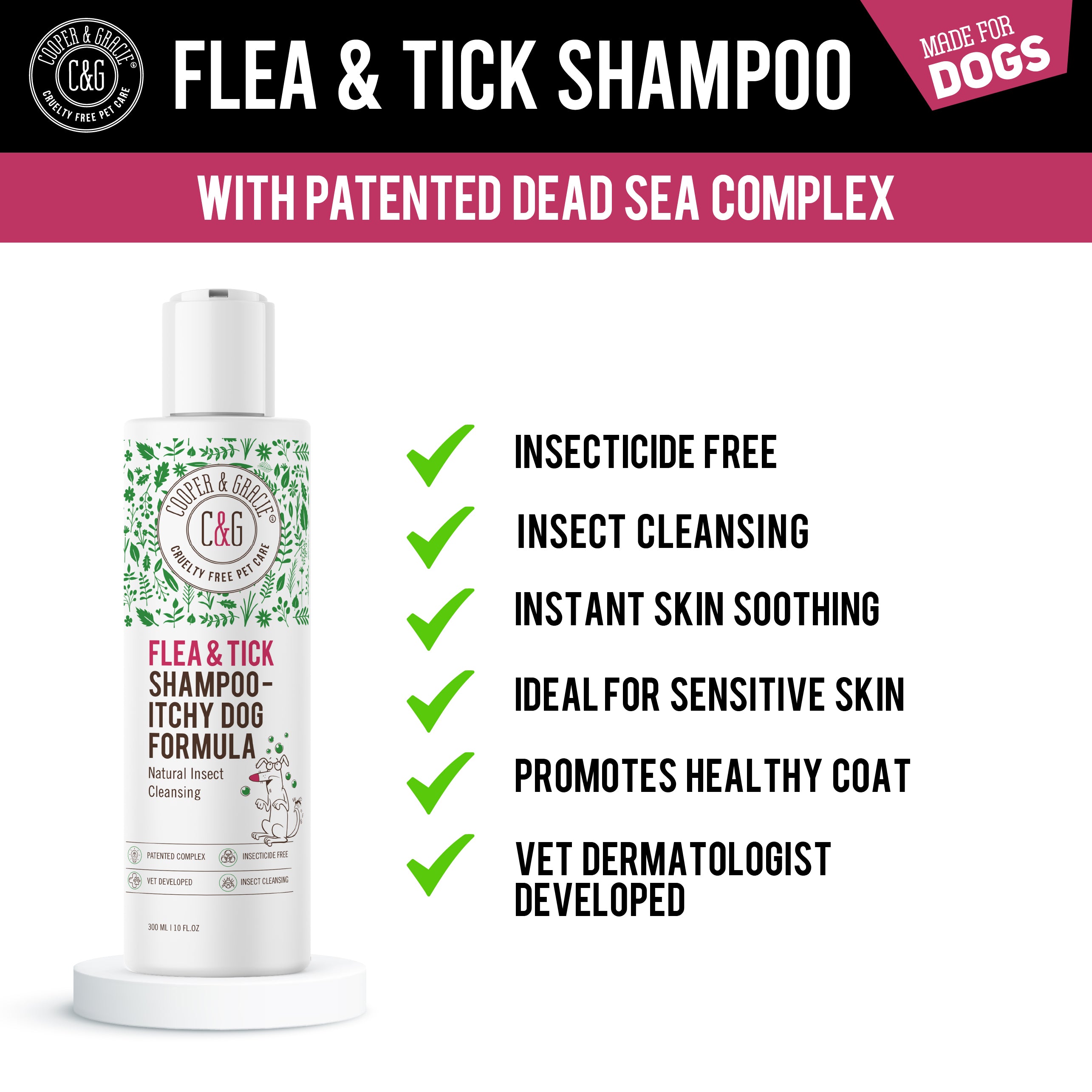Flea medicine is a crucial aspect of pet care, especially for dog and cat owners. It's designed to rid pets of fleas, which not only cause discomfort but can also lead to serious health issues if left untreated. Understanding how long flea medicine takes to work is essential for pet owners to manage infestations effectively.

Types of Flea Medicine
When it comes to flea control, pet owners have a plethora of options to choose from, each tailored to meet different needs and preferences.
Among the most popular forms of flea medicine are topical treatments, oral medications, and flea collars, each offering distinct advantages and modes of application.
Topical Treatments
Topical flea treatments typically come in the form of spot-on solutions or sprays that are directly applied to your pet's skin, usually between the shoulder blades or along the back.
These formulations are designed to spread across the skin's surface and provide long-lasting protection against fleas. They often contain active ingredients such as fipronil or imidacloprid, which target adult fleas, larvae, and eggs. Topical treatments are favoured for their ease of application and effectiveness in controlling both existing infestations and preventing future ones.
Oral Medication
Oral flea medications are administered to pets orally, either as tablets, chews, or liquids. Once ingested, these medications work systemically to kill fleas by disrupting their nervous system or inhibiting their ability to reproduce.
Some oral flea medications contain active ingredients like lufenuron, which inhibits flea egg development, while others contain substances like spinosad or afoxolaner, which rapidly kill adult fleas upon ingestion.
Oral medications are particularly beneficial for pets who dislike topical treatments or for households with multiple pets, as they eliminate the risk of product transfer between animals.
Flea Collars
Flea collars are another popular option for flea control and prevention.
These collars are worn around the pet's neck and release active ingredients that repel and kill fleas upon contact. They provide continuous protection against fleas and can be particularly useful for outdoor pets or those at risk of flea infestation from their environment.
Some flea collars also contain additional features, such as reflective materials for enhanced visibility or waterproof designs for durability.
How Flea Medicine Works
Flea medicine works by targeting fleas at different stages of their lifecycle. Most medications aim to kill adult fleas on the pet's body while also preventing flea eggs from hatching. This dual-action approach helps in breaking the flea lifecycle and preventing re-infestation.
Factors Affecting the Time Flea Medicine Takes to Work
The effectiveness of flea medicine hinges on a multitude of variables, ranging from the type of medication employed to the specific circumstances surrounding your pet's health and environment. Delve deeper into these critical factors to gain a comprehensive understanding of how flea treatments work and what influences their efficacy.
1. Type of Medication
Different flea medications operate through diverse mechanisms and formulations, resulting in varying onset times and durations of action. Some products, such as fast-acting spot-on treatments or oral tablets, deliver rapid relief by swiftly eliminating adult fleas on your pet's body.
In contrast, other medications, like certain flea collars or oral preventatives, may necessitate more time to take effect as they work systematically to disrupt the flea lifecycle or prevent reinfestation.
2. Severity of Infestation
The extent of the flea infestation also plays a pivotal role in determining how long it takes for flea medicine to yield noticeable results. Mild infestations may be more quickly resolved with appropriate treatment, whereas severe infestations could require a more extended period for complete eradication.
Additionally, pets living in environments with a high flea burden, such as households with multiple pets or those situated in flea-endemic areas, may experience prolonged treatment times due to ongoing exposure to fleas.
3. Pet's Health Condition
The overall health condition of your pet can significantly impact the efficacy of flea medicine. Pets with underlying health issues or compromised immune systems may respond differently to flea treatments compared to healthy animals.
Additionally, factors such as age, weight, and breed can influence how quickly the medication is metabolised and distributed throughout the body. Consulting with your veterinarian to assess your pet's health status and tailor treatment accordingly can optimise the effectiveness of flea control measures.
4. Environmental Factors
Beyond the pet itself, environmental factors also exert a substantial influence on flea treatment outcomes. Fleas can survive and thrive in various environments, including carpets, bedding, and outdoor spaces.
Effective flea control requires not only treating the pet but also addressing potential flea habitats within the home. Regular vacuuming, washing bedding in hot water, and treating outdoor areas can help eliminate flea populations and prevent reinfestation, thereby augmenting the efficacy of flea medicine.
By considering these multifaceted factors, pet owners can make informed decisions regarding flea treatment strategies and better manage flea infestations to safeguard the health and well-being of their beloved companions.
Typical Timeframe for Flea Medicine to Take Effect
Quick-acting flea medications can start killing fleas within a few hours of application or ingestion.
However, complete eradication of fleas may take several days or weeks, depending on the extent of the infestation.
It's essential to follow the recommended dosage and application instructions to ensure optimal results.
Tips for Maximising Effectiveness
To maximise the effectiveness of flea medicine, pet owners should follow proper application or administration techniques.
Additionally, regular grooming and cleaning of pet bedding and living areas can help in preventing re-infestation.
Consulting a veterinarian for guidance on choosing the right flea medication for your pet's specific needs is also advisable.
Potential Side Effects
While flea medicine is generally safe when used as directed, some pets may experience side effects such as skin irritation or allergic reactions. In rare cases, certain medications may pose toxicity concerns, especially if ingested in large quantities.
Pet owners should monitor their pets closely after administering flea medicine and seek veterinary assistance if any adverse reactions occur.
Conclusion
In conclusion, flea medicine plays a vital role in maintaining the health and well-being of pets by controlling flea infestations. The time it takes for flea medicine to work can vary depending on several factors, including the type of medication and the severity of the infestation. By following proper application techniques and consulting a veterinarian when needed, pet owners can effectively manage flea problems and ensure the comfort of their furry companions.
FAQs
-
How often should I apply flea medicine to my pet?
- The frequency of flea medication application depends on the product used. Follow the instructions provided by the manufacturer or consult your veterinarian for guidance.
-
Can I use flea medicine meant for dogs on my cat?
- It's essential to use flea medication specifically formulated for the species and size of your pet. Using dog flea medicine on cats can be harmful and potentially toxic.
-
What should I do if my pet shows signs of an allergic reaction to flea medicine?
- If your pet experiences symptoms such as excessive itching, redness, or swelling after applying flea medicine, discontinue use immediately and consult your veterinarian for further advice.
-
Are natural or homemade flea remedies effective?
- While some natural remedies may offer temporary relief, they are generally less effective than commercial flea medications. Consult your veterinarian before using any alternative treatments.
-
How can I prevent fleas from infesting my home?
- In addition to using flea medicine on your pet, regularly vacuuming and cleaning your home, washing pet bedding frequently, and treating outdoor areas can help prevent flea infestations.
Join the Cooper and Gracie Family for Tail-Wagging Adventures!
At Cooper and Gracie, we're not just a pet care brand – we're a family dedicated to the happiness and well-being of your furry companions. Join us on a journey filled with love, care, and premium-quality products designed to keep your pets healthy and thriving. Whether you're looking for effective flea medicine, luxurious grooming essentials, or delicious treats, we've got you covered. Let us be your trusted partner in providing the best for your beloved pets. Explore our range of products today and experience the Cooper and Gracie difference firsthand. Your pet deserves the very best, and together, we can make every tail wag with joy. Join our family now!


